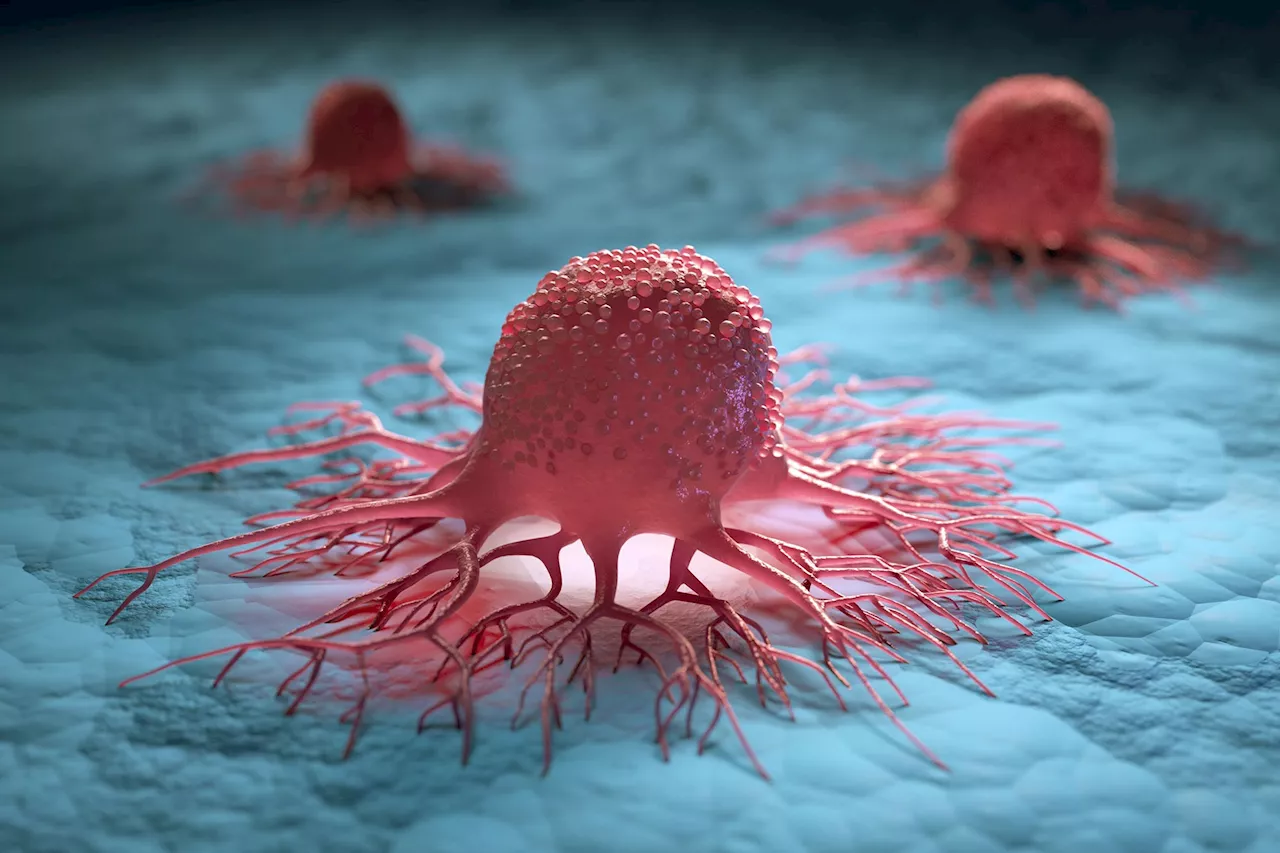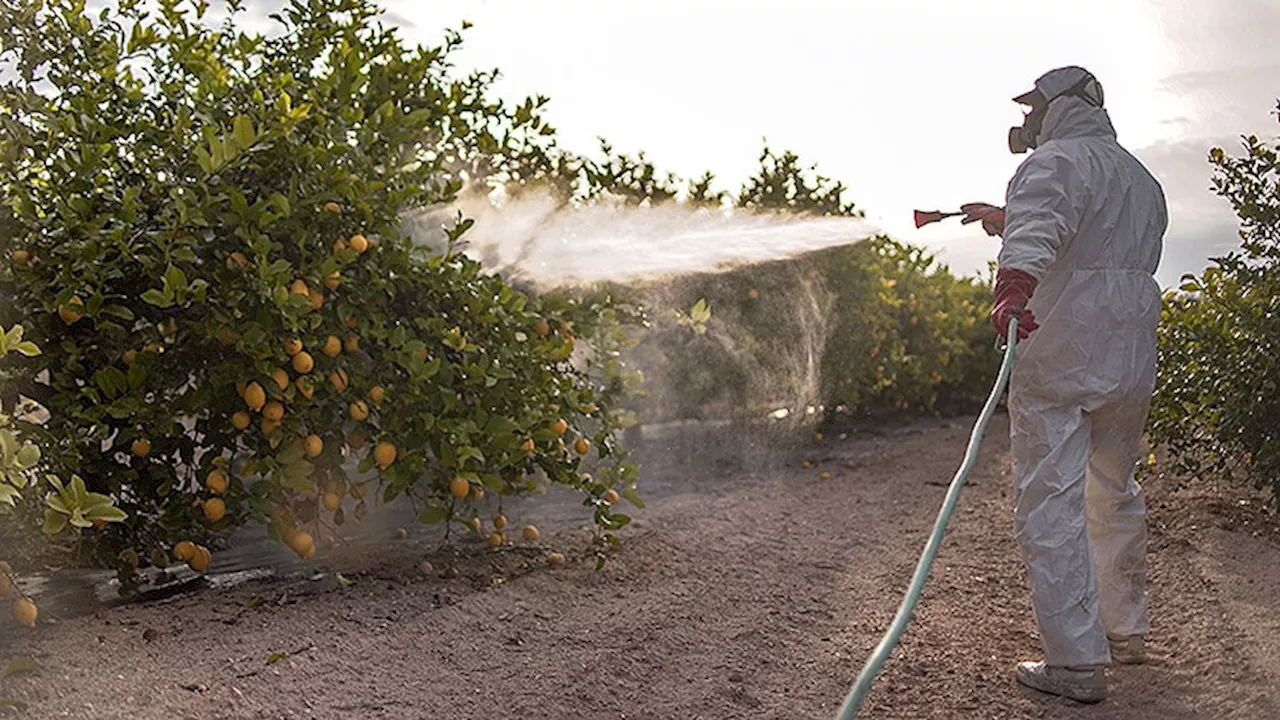Researchers found that pesticide exposure may contribute to 154.1% more non-Hodgkin lymphoma cases than smoking.
Pesticides have transformed modern agriculture by boosting production yields and helping alleviate food insecurity amid rapid global population growth. However, from a public health perspective, exposure to pesticides has been linked to numerous harmful effects, including neurologic disorders like. But these studies primarily have focused on specific groups of individuals with known exposure to certain pesticides or cancer types, thus offering a limited perspective.
Cancer incidence rates per 100,000 people, which were collected between 2015 and 2019 by the National Institutes of Health and the Centers for Disease Control and Prevention; these data covered various cancers, including bladder, colorectal, leukemia, lung, Pesticide use profile patterns were developed using latent class analysis, a statistical method used to identify homogeneous subgroups within a heterogeneous population. A generalized linear model then estimated how these pesticide use patterns and the covariates affected cancer incidence.
The Midwest, known for its high corn production, emerged as the region most affected by pesticide use. Compared with regions with the lowest risk, the Midwest faced an additional 154,541 cancer cases annually across all types. For colorectal and pancreatic cancers, the yearly increases were 20,927 and 3835 cases, respectively. Similar trends were observed for leukemia and non-Hodgkin lymphoma.The researchers also estimated the additional cancer risk related to smoking, using the same model.
Colorectal Cancer (CRC) Toxicology Toxicity Poisoning Toxins Non-Hodgkin's Lymphoma Non-Hodgkin Lymphoma NHL Acute Leukemia Acute Leukaemia Cancer Malignant Neoplasia Carcinoma Malignant Neoplasm Cancer Risk Pesticides Lung Cancer Lung Carcinoma Cancer Of The Lung Malignant Pancreatic Neoplasm Pancreatic Cancer Cancer Of The Pancreas
United States Latest News, United States Headlines
Similar News:You can also read news stories similar to this one that we have collected from other news sources.
 Your Phone Isn’t Putting You at Risk of Brain CancerYou don’t have to worry – there’s no connection between mobile phone use and brain cancer from radio wave exposure, according to new research.
Your Phone Isn’t Putting You at Risk of Brain CancerYou don’t have to worry – there’s no connection between mobile phone use and brain cancer from radio wave exposure, according to new research.
Read more »
 Can chatbots help with genetic testing for cancer risk?Demand for cancer genetic testing is on the rise, but there's not enough genetic counselors to guide patients through the process. Researchers say chatbots could be the answer.
Can chatbots help with genetic testing for cancer risk?Demand for cancer genetic testing is on the rise, but there's not enough genetic counselors to guide patients through the process. Researchers say chatbots could be the answer.
Read more »
 FDA Approves Kisqali To Reduce Breast Cancer Recurrence RiskThe U.S. Food and Drug Administration has approved Kisqali for early-stage breast cancer, citing a 25% reduction in recurrence risk based on a phase III trial. This approval provides women diagnosed with early-stage breast cancer with an additional option to help prevent the cancer from returning.
FDA Approves Kisqali To Reduce Breast Cancer Recurrence RiskThe U.S. Food and Drug Administration has approved Kisqali for early-stage breast cancer, citing a 25% reduction in recurrence risk based on a phase III trial. This approval provides women diagnosed with early-stage breast cancer with an additional option to help prevent the cancer from returning.
Read more »
 New Study Links Red Meat to Rising Colon Cancer Risk in Young AdultsScience, Space and Technology News 2024
New Study Links Red Meat to Rising Colon Cancer Risk in Young AdultsScience, Space and Technology News 2024
Read more »
 What the FDA Ruling about 'Dense Breasts' Means for Cancer Risk and ScreeningWomen with dense breasts are at higher risk of breast cancer and are underdiagnosed, but other factors also play an important role
What the FDA Ruling about 'Dense Breasts' Means for Cancer Risk and ScreeningWomen with dense breasts are at higher risk of breast cancer and are underdiagnosed, but other factors also play an important role
Read more »
 Black women have higher risk of death from all types of breast cancer, study findsIn a new study, researchers found black women are at higher risk of dying from all tumor subtypes of breast cancer, with the disparity ranging from 17% to 50%.
Black women have higher risk of death from all types of breast cancer, study findsIn a new study, researchers found black women are at higher risk of dying from all tumor subtypes of breast cancer, with the disparity ranging from 17% to 50%.
Read more »
